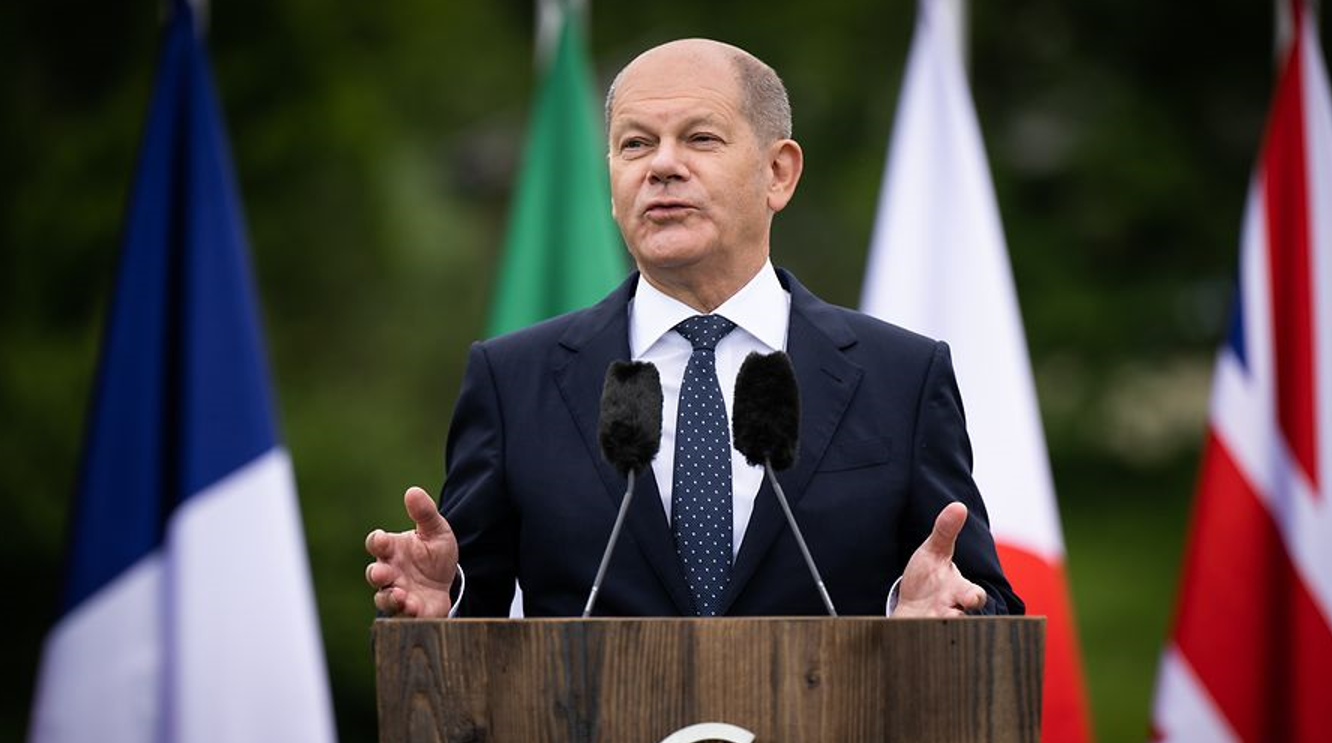Thu Sep 01, 2022
Thursday / September 1
G7 vs Russian oil
Finance ministers from the Group of Seven club of wealthy nations will discuss the Biden administration's proposed price cap on Russian oil when they meet on Friday, the White House said.
"This is the most effective way, we believe, to hit hard at Putin's revenue and doing so will result in not only a drop in Putin's oil revenue, but also global energy prices as well," said White House spokesperson Karine Jean-Pierre at a briefing on Wednesday.
The G7 is made up of Britain, Canada, France, Germany, Italy, Japan, and the United States.
Despite Russia's oil exports hitting their lowest levels since last August, its export revenue in June increased by $700 million month on month due to higher prices, 40 per cent above last year's average, the International Energy Agency said last month.
Opec plans
The OPEC+ coalition tightened its outlook for global oil markets this year and next as members failed to reach output targets.
The alliance’s committee of technical experts slashed forecasts for this year’s supply surplus in half, to 400,000 barrels a day, according to a report from the panel.
It flipped projections for next year from an overhang of 900,000 barrels a day to a deficit of 300,000 a day.
Iran talks uncertain
Iran needs stronger guarantees from Washington for the revival of a 2015 nuclear deal, its foreign minister said in Moscow on Wednesday.
Iran's top diplomat, Hossein Amirabdollahian, said Tehran was carefully reviewing Washington's response to the text, which was conveyed to Iran last week by the EU as coordinator of the nuclear talks.
"Iran is carefully reviewing the EU-drafted text ... We need stronger guarantees from the other party to have a sustainable deal," Amirabdollahian told a joint news conference with his Russian counterpart in Moscow.
Amirabdollahian added that the U.N. atomic watchdog should drop its "politically motivated probes" of Tehran's nuclear work.
US President Biden told Israeli Prime Minister Yair Lapid in a phone call on Wednesday the United States will never allow Iran to acquire a nuclear weapon, the White House said in a statement.
Fed guidance resumes
Cleveland Federal Reserve President Loretta Mester said Wednesday she sees interest rates rising considerably higher before the central bank can ease off in its fight against inflation.
Mester, a voting member this year of the rate-setting Federal Open Market Committee, said she sees benchmark rates rising above 4% in the coming months.
“My current view is that it will be necessary to move the fed funds rate up to somewhat above 4 percent by early next year and hold it there,” she said. “I do not anticipate the Fed cutting the fed funds rate target next year.”
In line with that, Mester said rates will remain elevated “for some time,” a phrase used in recent days by both Fed Chairman Jerome Powell and New York Fed President John Williams. She said real rates, or the difference between the fed funds rate and inflation, will need to “move into positive territory.”
“It would be a mistake to declare victory over the inflation beast too soon. Doing so would put us back in the stop-and-go monetary policy world of the 1970s, which was very costly to households and businesses,” she said.
US private payrolls
Companies sharply slowed the pace of hiring in August amid growing fears of an economic slowdown, according to payroll processing company ADP.
Private payrolls grew by just 132,000 for the month, a deceleration from the 268,000 gain in July, the firm said in its monthly payroll report.
The Dow Jones estimate for the ADP count was 300,000.
“Our data suggests a shift toward a more conservative pace of hiring, possibly as companies try to decipher the economy’s conflicting signals,” said ADP’s chief economist, Nela Richardson. “We could be at an inflection point, from super-charged job gains to something more normal.”
US stocks
US stocks fell for a fourth straight day on Wednesday as investors weighed the Federal Reserve’s inflation-fighting efforts.
The Dow Jones Industrial Average slid 280 points, or nearly 0.9%, to 31,510. The S&P 500 lost roughly 0.8% to end the day at 3,955 and the Nasdaq Composite fell about 0.6% to 11,816. The major averages were higher earlier in the day.
What began as a strong month for the three major averages ended on a weaker note. The Dow finished August down nearly 4.1%, while the S&P and Nasdaq posted monthly losses of 4.2% and 4.6%, respectively.
Powell’s comments at Jackson Hole last Friday sparked a sell-off in stocks.
